by Julia Flamingo
Last week was the busiest of this year’s art world calendar. Thousands of art professionals, artists, and of course art lovers flew to Venice eager to see as much as they could of the biggest art exhibition on the globe. Celebrating the conquest of finally opening a Venice Biennale after the pandemic, visitors were only too happy to walk dozens of kilometers through the beautiful canals to participate in uncountable performances, view ephemeral artworks, listen to thrilling talks; and take part in gatherings day and night to hug and shake hands. Some will have FOMO just by reading this paragraph, let alone be physically there!
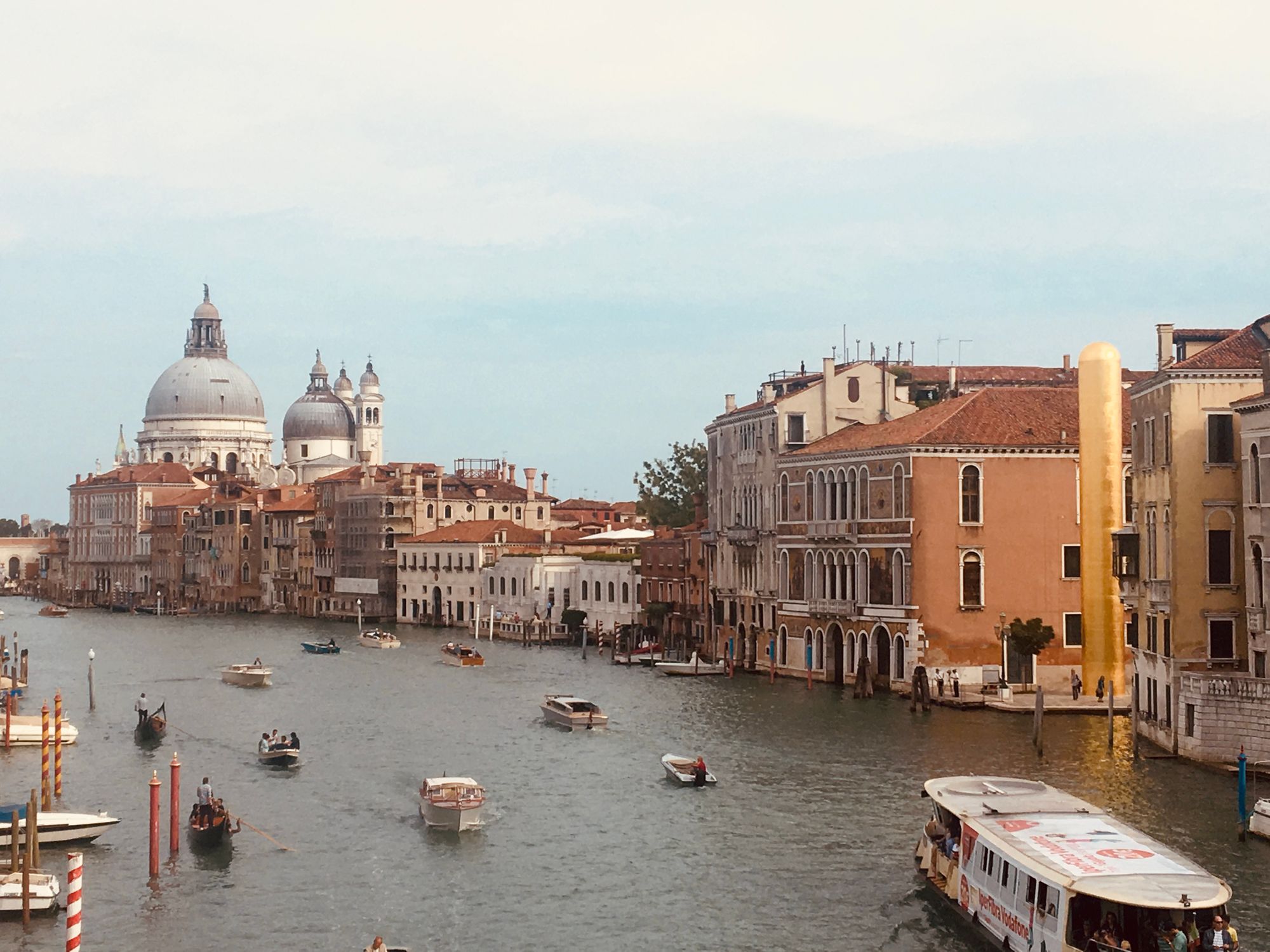
And we were physically there! Artpool made its Venice debut by organizing a stimulating panel discussion “Curating Spaces” at the Guatemalan Pavillion on Sunday morning (April, 24th). Curators were all over Venice, and curating was the word of the day as it always is in such significant art events (the artistic director of the Venice Biennale, Italian curator Cecilia Alemani certainly is one of the most powerful people in the art world right now!). As a platform where curators are the center of everything we do, we seized the opportunity to discuss curatorship from the point of view of six amazing guests speakers: painter Chrispapita (representing Guatemala at the Pavilion), artist Gianni Lee (USA based), curators and art producers Luca Berta & Francesca Giubilei of VeniceArtFactory (Italy based), and independent curators Simone Piva (curator of the Guatemalan Pavilion, based in Italy) and Tam Gryn (USA based).
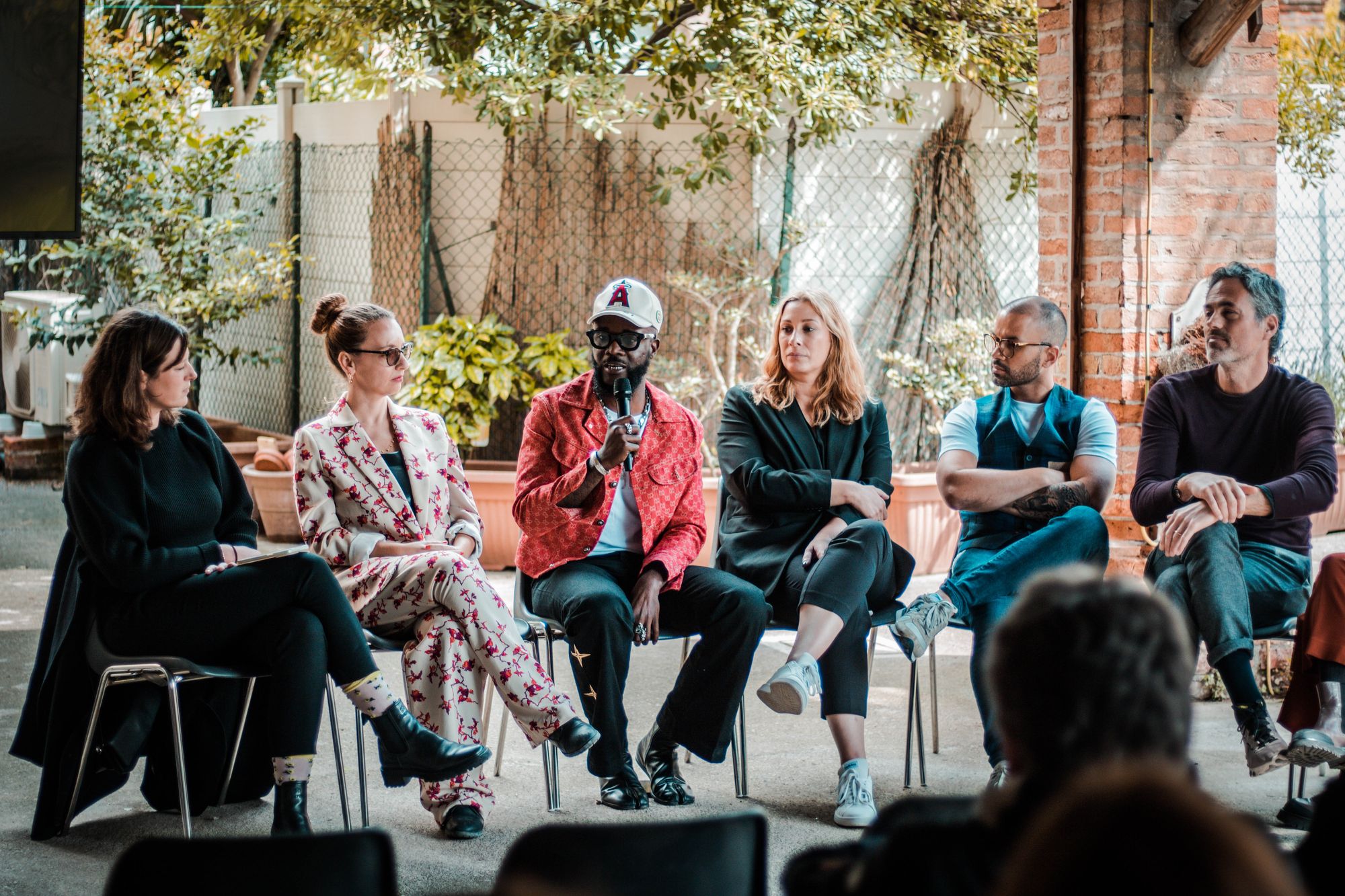
Also broadcasted online, the talk was mediated by Pauline Foessel, Artpool founder and director, and a curator herself. She came up with the subject ‘Curating Spaces’ because curators are always working with spaces, be it physically or digitally. In the curatorial vocabulary, a space can be a museum, but also the street, the digital realm or any space that can be occupied with an artwork, exhibition or project.
Ideal spaces
Dealing with spaces also has to do with architecture, and the relationship between the art piece and the venue, as well as the artwork and the experience of the audience who is visiting it. When talking about the construction of spaces in the art world, curators must take into account the fact that art spaces are gatherings of people, and most important gatherings of different minds. An art space is a space for discussion, for education, and for mediation. Finally, a curator must also remind himself of the political, social and economic aspects surrounding his or her art project. It’s really a lot to think about!
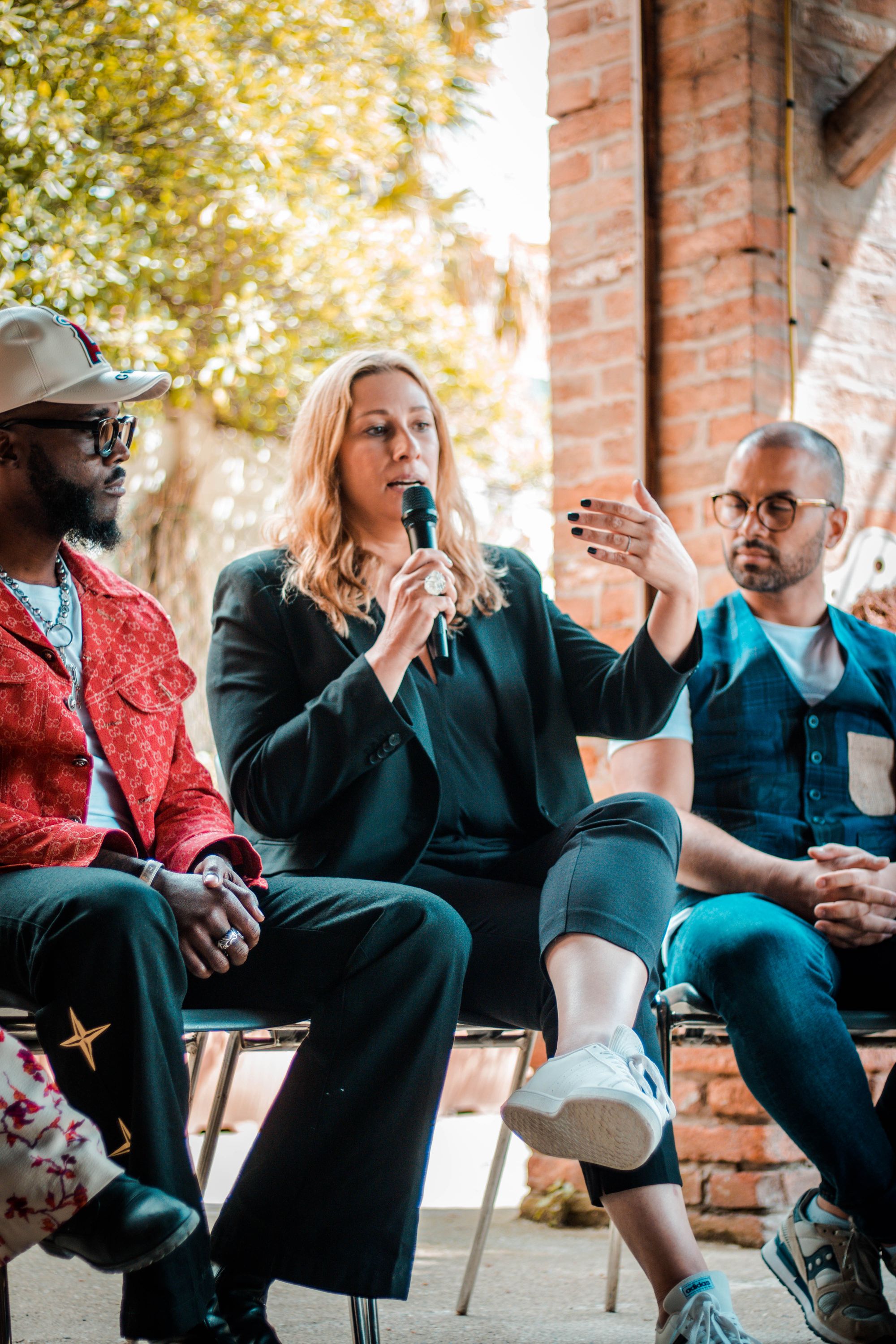
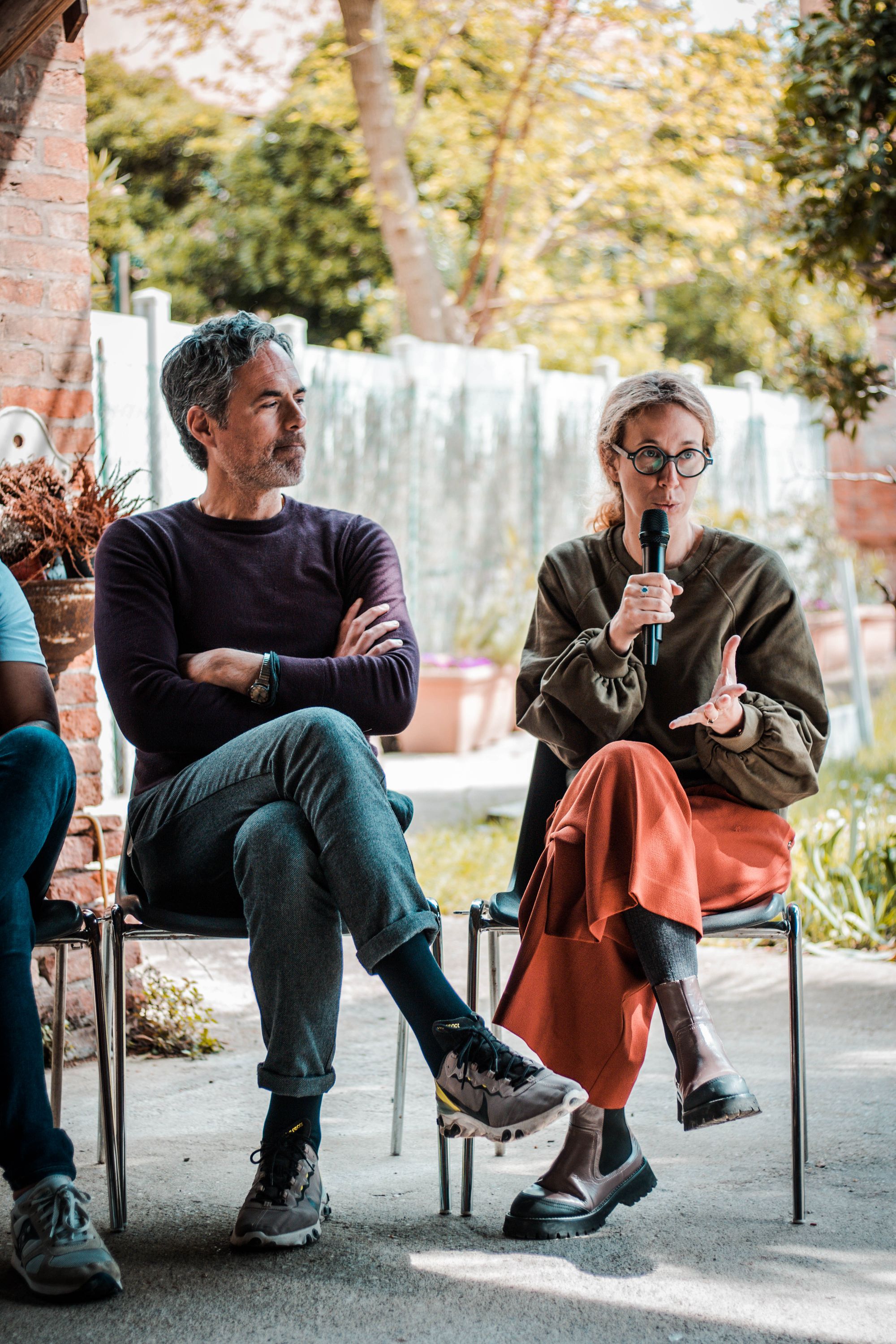
“What is your ideal space?”, asked Pauline to the guest speakers during the panel. For Tam Gryn, the perfect hypothetical space to work as a curator is a digital space that considers the past and history. For artist Gianni Lee, the exemplary space is the one in constant change, and a place for the community. Similarly, as a classical artist, Chrispapita believes the ideal space to present his work is the one every person has access to. To curator Simone Piva, it must promote an intimate experience between the works and who is looking at them. Luca Berta has a more architectural point of view and pays attention to the history of the spaces and their context. In her turn, Francesca Giubilei loves the idea of the flexibility of spaces and how they can be used for different purposes.
Metaverse – a new digital space
“The first reaction people have to the word Metaverse is fear”, said curator Tam Gryn during the talk. “But the truth is that our phones are already a Metaverse. It encompasses everything that has to do with digital life. When it comes to curating spaces and the possibilities of the Metaverse, I think we are just scratching the surface.” To Gryn, our brains cannot grasp the infinite possibilities of the digital space, due to the fact that, for example, there is no gravity or walls inside this realm. Yet, the new space the Metaverse offers can be an amazing opportunity to artists and curators to play with and challenge themselves.
Gryn is curating an exclusive drop with artist Gianni Lee on Artpool platform – and, during the talk we offered a quick glimpse at their upcoming project in the Metaverse, in partnership with Boson Protocol.
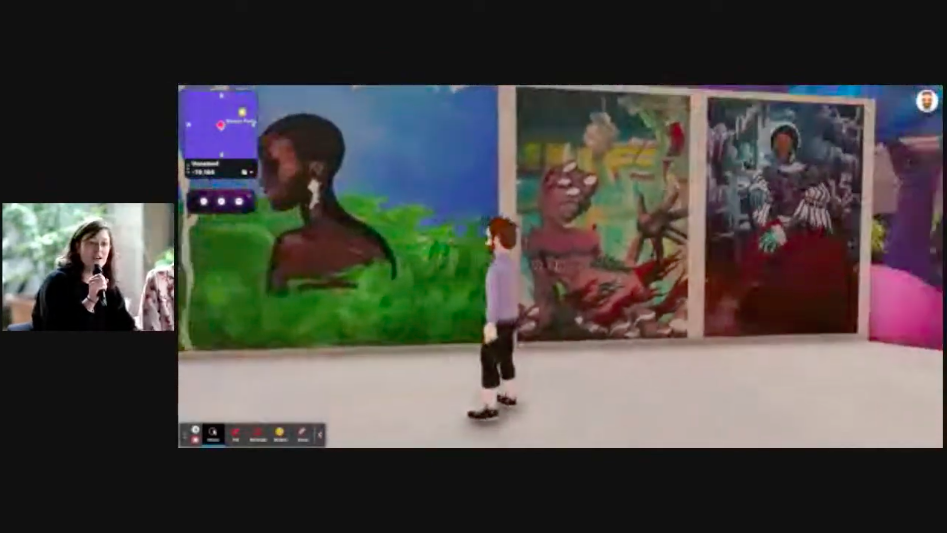
However, as Artpool's mission is to create bridges between the traditional art world and the digital world, we also invited to the talk curators and artists that haven’t worked in the digital realm like Luca Berta and Francesca Giubilei. “The talk has been very inspiring for us. We are not deeply involved in the Metaverse and NFT world yet, but we understand this is one of the possible future languages artists and all human beings will use and experience more and more.”, say curators and founders of VeniceArtFactory Luca Berta and Francesca Giubilei. “The physical and digital worlds are not in conflict. They are already part of our everyday reality and we move from one to the other more than one time per day, probably not being perfectly aware of this”.
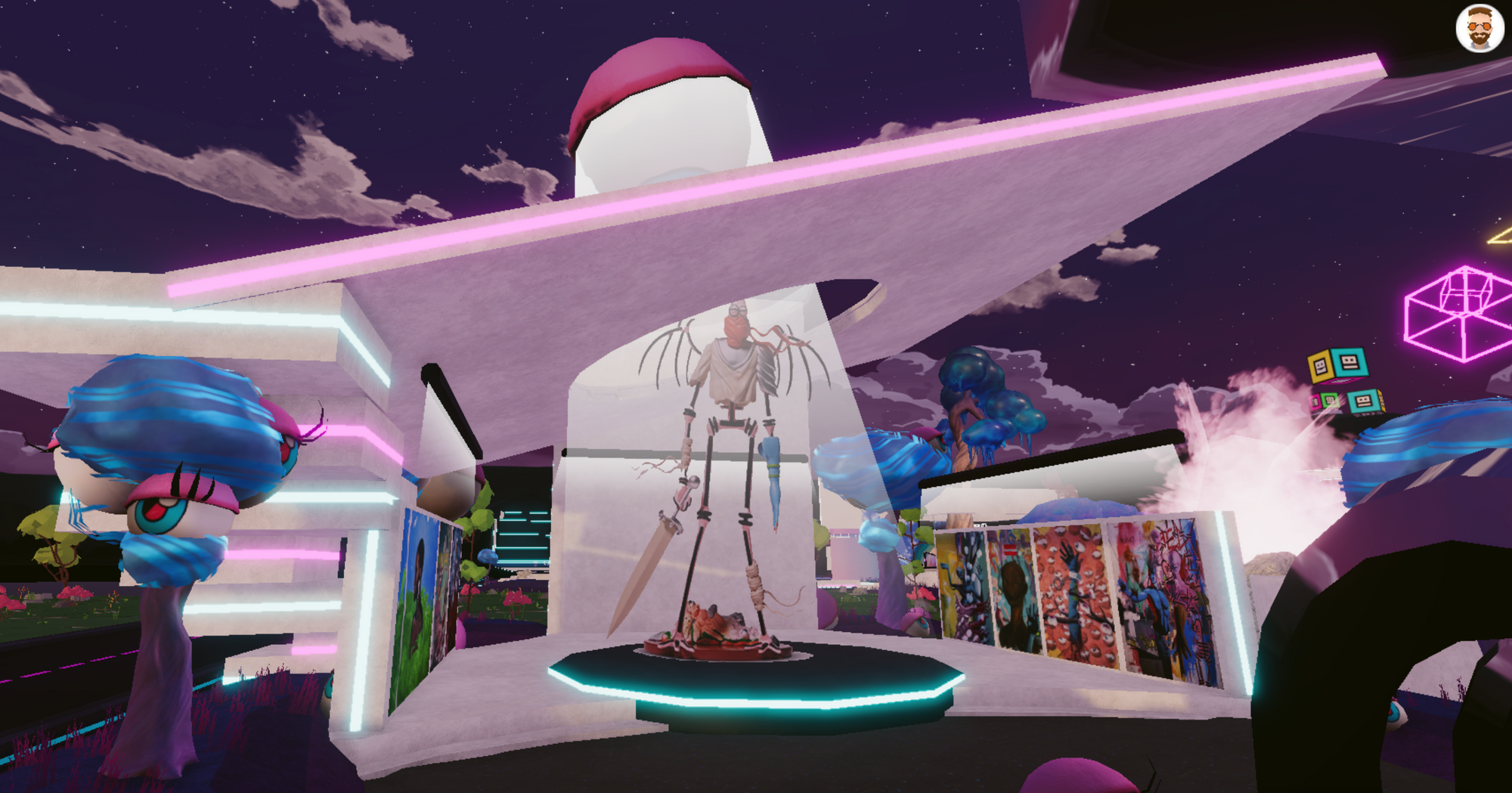
Also coming from the physical art world, Simone Piva will be soon working on her first NFT fundraising campaign with Artpool. The Padova's based curator is slowly enriching her knowledge about the possibilities web3 offers to the arts: “Seeing how each one responds to the challenges of the changes in the art world that follows the technological evolution, was, in fact, one of the strong points of the panel”, says Piva. “Events like these are so aggregating that they strengthen even more the breaking down of barriers that only art provides."
NFTs at the Venice Biennale
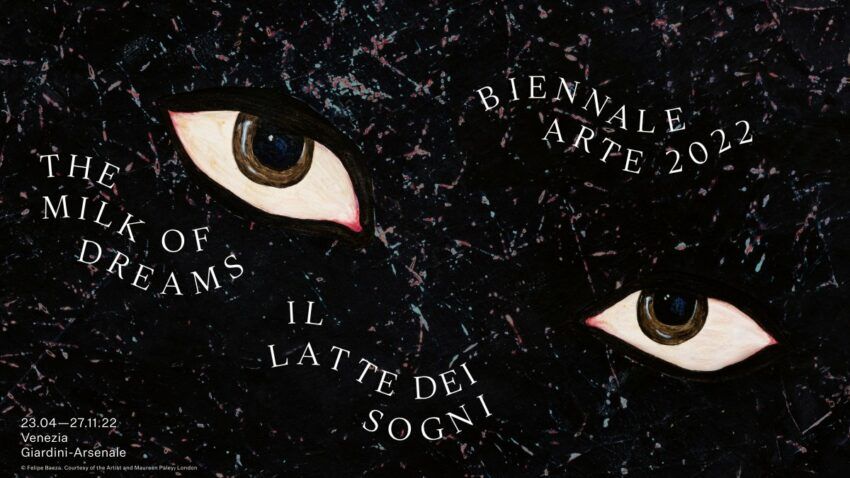
This was surely not the only event related to the Metaverse and NFTs in the Biennale. As traditional as it can be, the Venice Biennale is now permeated by artworks and discussions related to digital art, NFTs and new blockchain technologies, Virtual Reality and Augmented Reality and the Metaverse. It must be highlighted that one of the three main narratives that drive Cecilia Alemani’s curatorial project at the main exhibition “The Milk of Dreams” is the relationship between human beings and technology.
Pauline Foessel was also invited to take part in the talk "NFT new medium and institutions: engaging new audiences and fundraising for culture" at the Cameroon Pavilion, inside the beautiful premises of Ca' Bernardo. Alongside guest speakers David Cash (Cash Labs), Frederic Laffy (founder of Art Consortium), and Colleen Cash as moderator (Vice President Auctions at Arnet), they talked about the differences and similarities between the traditional art world and art in the digital space. “The sense of community and the velocity of communication are beautiful as well as overwhelming in the crypto space", said Pauline. "We are not trying to create a mirror from the physical world. At Artpool, we believe we can assist artists who want to work with NFTs and the Metaverse to really embrace the digital brush, not only create digital copies of their physical works."
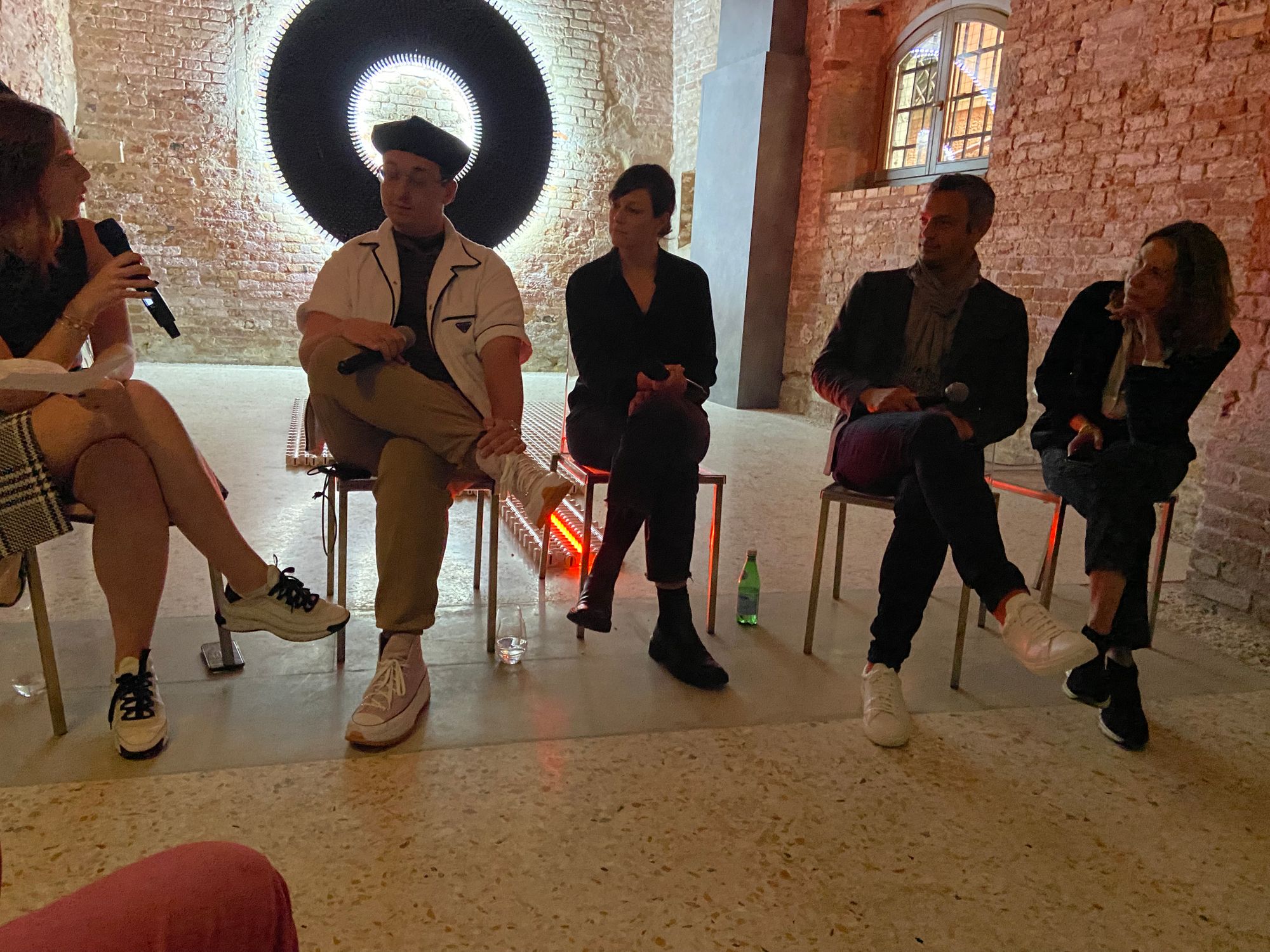
It is the first time Cameroon takes part in the Biennale and also the first-ever NFT art exhibition at the event. Titled “The Times of the Chimera”, the show curated by Paul Emmanuel Loga Mahop and Sandro Orlandi Stagl emcompasses two different locations, the Liceo Artistico Statale Michelangelo Guggenheim and Palazzo Ca’ Bernardo.
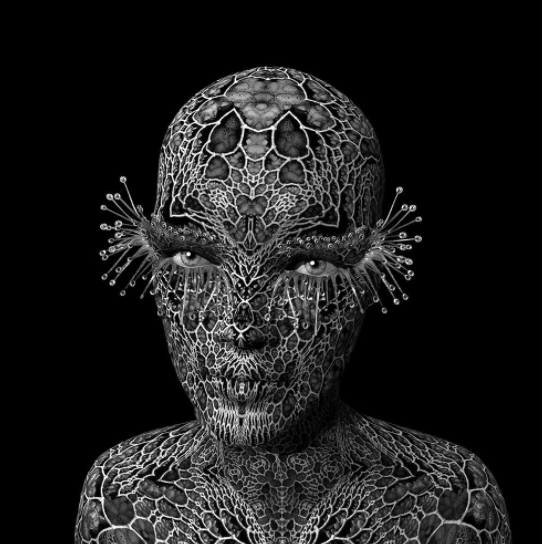
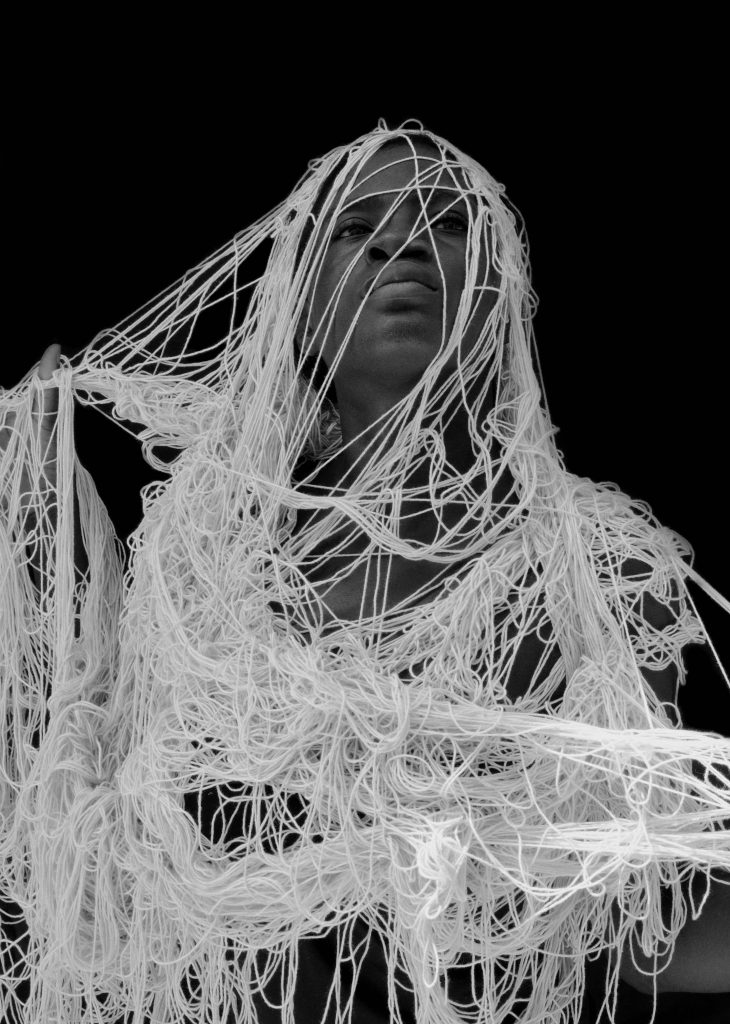
There is also the Decentral Art Pavillion showcasing the “Singularity” exhibition, and “The NFT Art Biennale” organized by Superchief Gallery NFT, Art Blocks, Bright Moment and Obscura. Project Unfinished by curator Hans Ulrich Obrist also marked the public program of the opening week. During the Unfinished Camp, artists, curators, technologists and thinkers joined together in discussions and collaborative workshops to imagine the future of ethical technology.
The 59th edition of the Venice Biennale just started and until November we at Artpool will offer you lots of insights surrounding it in our upcoming texts. Wait and see!